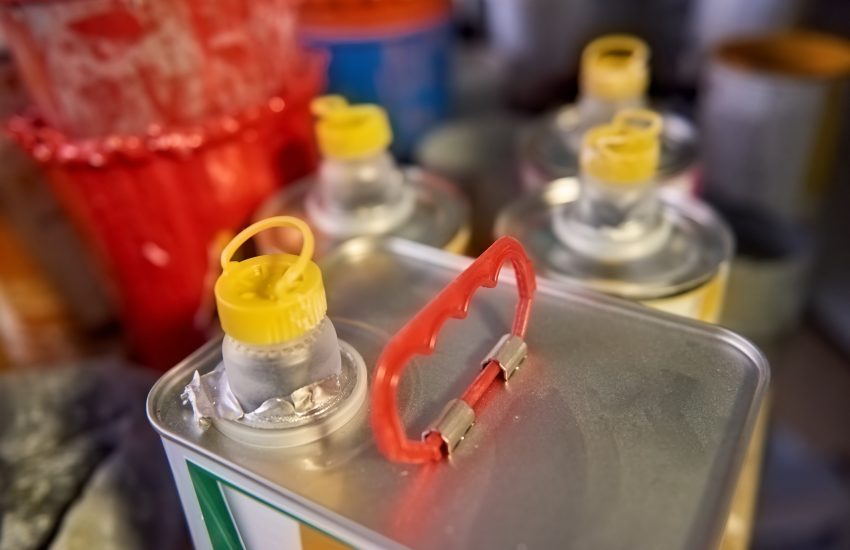Methylene chloride (MC) is used as a paint-stripping solvent, an aerosol propellant, in the manufacture of film, and as a solvent in drug manufacturing. In the research laboratory and in food production, it is commonly used for extractions. It has also been clinically demonstrated to cause liver and lung cancer in animals and may be a carcinogen to humans, causing severe irritation and burning to the skin and eyes with exposure above recommended levels.
Because of these risks and in response largely to public pressure, the U.S. Environmental Protection Agency proposed in 2017 a ban on the use of MC for both consumer and commercial paint-stripping. In October 2019, the EPA issued the ban, but only as to consumer uses. Though hailed as a necessary step by environmental groups, the failure of this ban to include commercial applications of MC was seen as a capitulation to industrial interests.
In a risk evaluation conducted in June of 2020 (evaluation), the EPA determined that 47 out of 53 conditions of use for MC represented an unreasonable risk of injury or death, while 6 did not. The EPA further concluded that MC did not present an unreasonable risk to the environment under any conditions of use. The evaluation further stated that the EPA will develop processes to address the identified unreasonable risks.
In July 2020, a group of non-governmental organizations (NGO) sought in the 9th Circuit to have the EPA’s evaluation vacated, claiming that its ambit to evaluate the risks of exposure were inadequate, and that the EPA’s forward-looking assessments only address the limited scope of areas the EPA determined represented health concerns, and not the issues and areas raised by parties and interest groups outside the EPA. In response, the EPA asked the 9th Circuit to leave the evaluation in effect while they conducted a review ordered in January by the incoming Biden administration.
On July 15, 2021, the 9th Circuit sided with EPA, leaving the evaluation in place while the agency conducts its review, meaning that, for the foreseeable future, MC will remain a staple of commercial paint-thinning.

